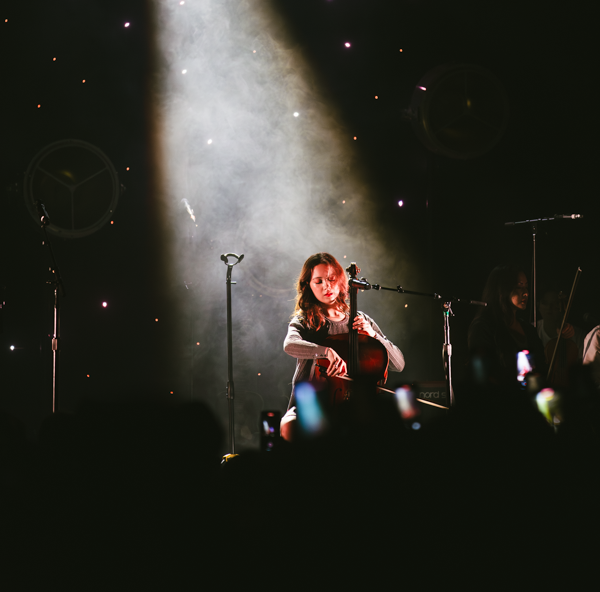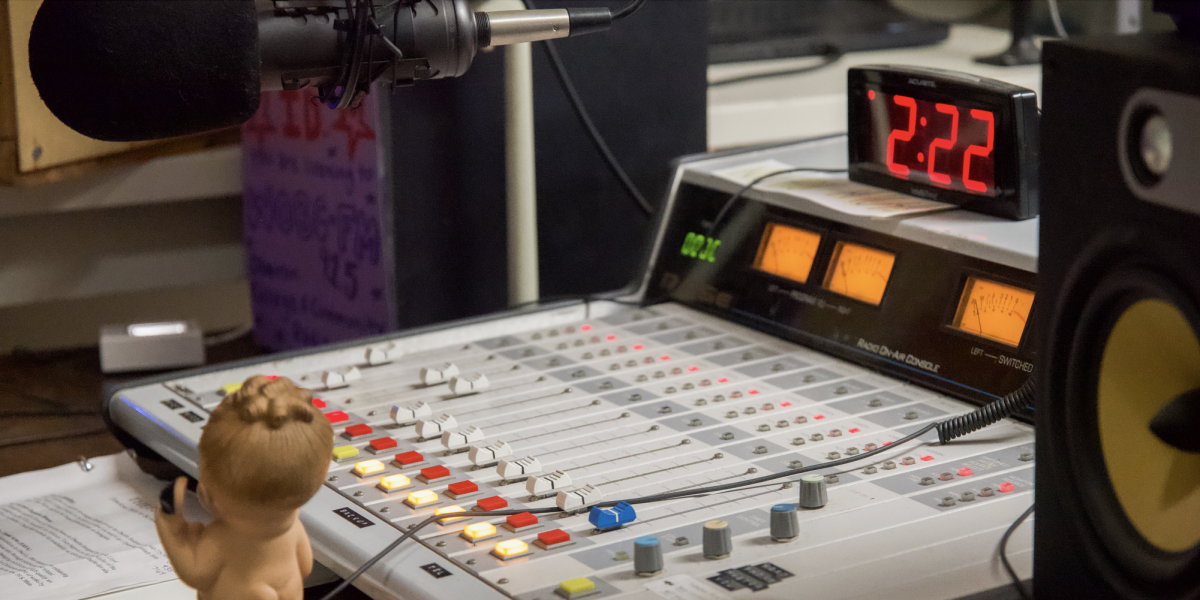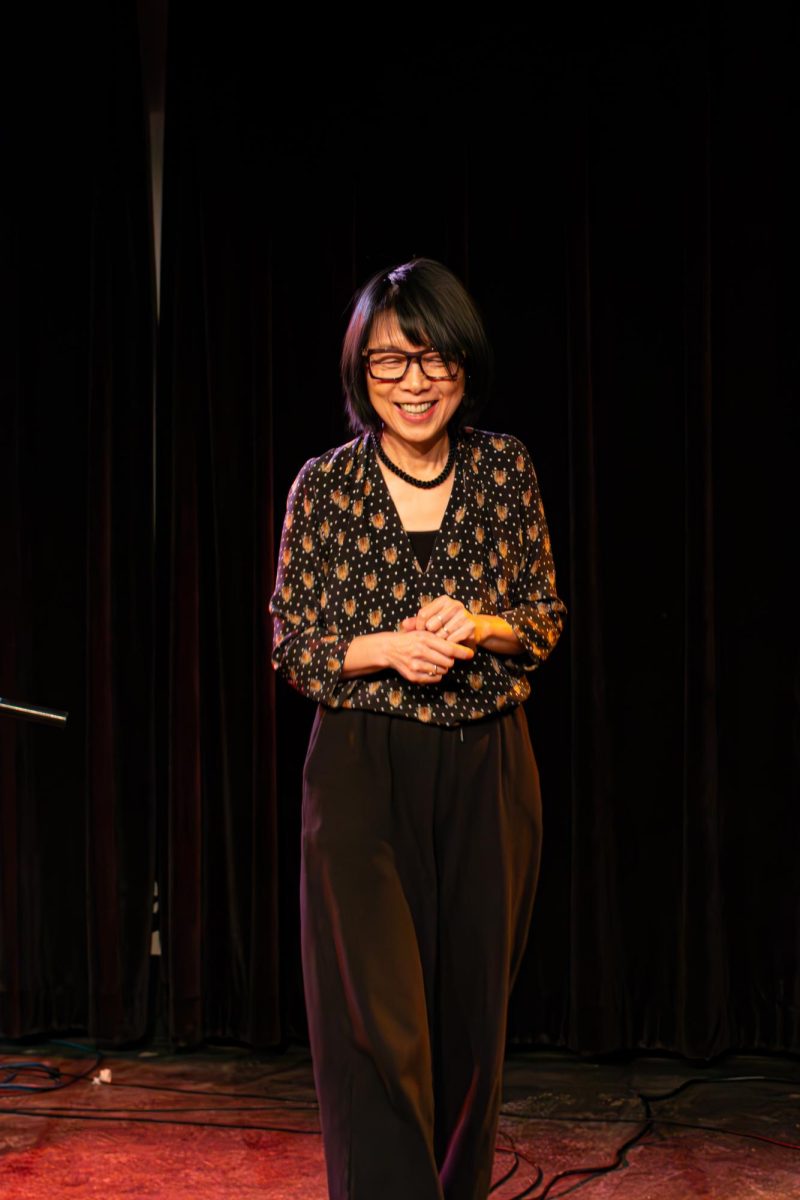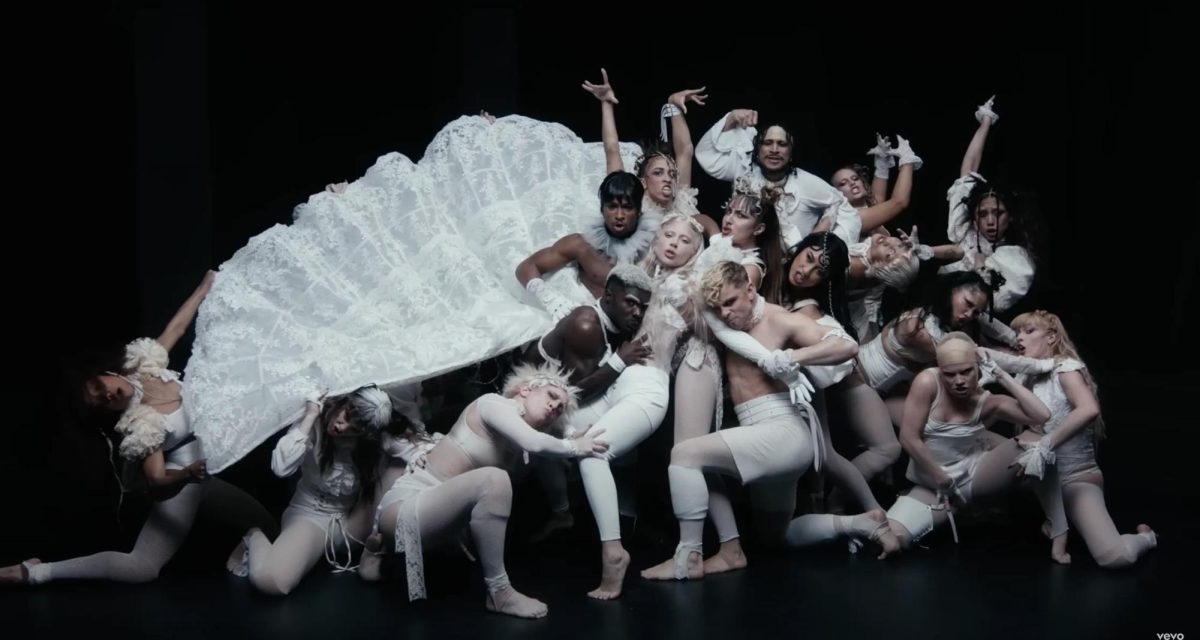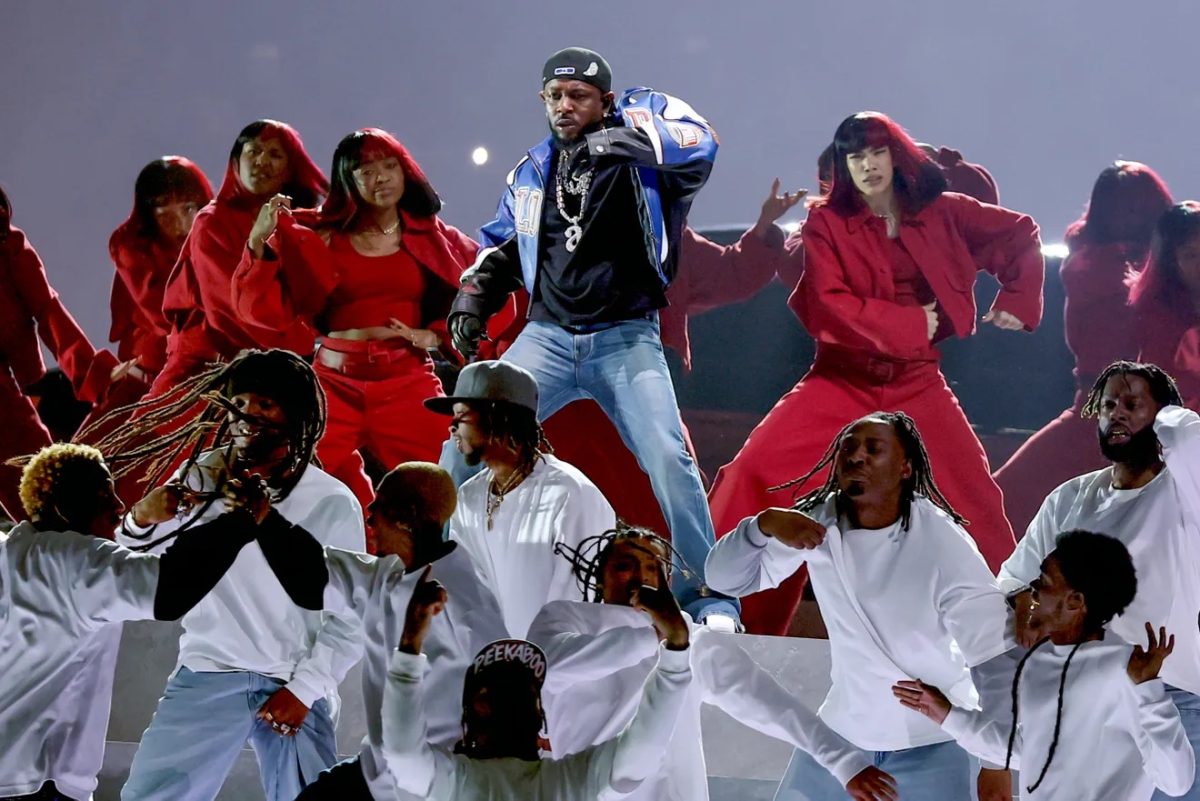There’s been a trend that I’ve noticed recently about music, which I call the “sad Wasian” trope. Artists such as Olivia Rodrigo, Mitski, and Conan Gray, who are half-Asian and half-white, have written songs alluding to their racial identities and the “otherness” that they’ve felt in their personal and romantic lives, often trying to find comfort and solace in the respective cultures that they represent. Obviously, their music isn’t entirely sad, but because of these recurring themes, it is often enjoyed by an Asian-American fanbase. Singer and musician Laufey is one of the most recent contributors to this demographic. She released her second studio album, Bewitched, last month and is currently on tour. But unlike the aforementioned artists, who are primarily situated in the pop and indie genres, Laufey is uniquely positioned as someone who is redefining the jazz and classical music genres.
Laufey trained as a classical musician, graduating from Berklee College of Music in 2021, but has cited jazz musicians such as Ella Fitzgerald and Chet Baker as some of her biggest influences. In an article for Vogue Singapore, Janice Sim described how she is popularizing the genre among teenagers.
“In today’s zeitgeist, the role Laufey plays is a monumental one,” Sim wrote. “Gen-Z’s answer to the renaissance of jazz. In a time where memetic sounds inundate the Top 100 charts, her sound is an invigorating reprieve. Her take on modern jazz swings between pop and classical, while unabashedly serenading her wide pool of fans with personal encounters that speak of love, self and identity via her lyrics — almost her way of journaling.”
Laufey’s appeal to Gen Z is in part thanks to the impact of her popularization of jazz and classical music within the “sad Wasian” community. The way she blends genres is reflective of her experience growing up with a blended identity as one of the only Asian kids in her community in Iceland. She represents a greater opportunity for Asian artists to forge their own styles and make music that reflects the environments that they’ve grown up in. There’s no single lyric or genre that can properly describe the pain, loneliness, or isolation of that experience, so Laufey uses multiple. For instance, her songs “Let You Break My Heart Again” and “Nocturne (Interlude)” are both classical pieces and have been performed in large symphony orchestras such as the Iceland Symphony Orchestra and the Los Angeles Philharmonic. However, she can also express her feelings of jealousy and inadequacy with a simple bassline in songs such as “Magnolia” or “Second Best.”
In general, her music is empowering younger audiences, Asian or not, to talk about their own feelings, whether it’s imagining a future with a stranger on a park bench or appreciating the joys of having a best friend. It’s important for Asian artists to be represented in mainstream music after decades of erasure, and it’s special that Laufey is able to embrace her identities as a musician and as a person with her own style, lyricism, and genre.
Editor-in-Chief Nikki Keating and I attended her concert at the House of Blues in Cleveland this Tuesday. In her encore, she sang “Letter To My 13 Year Old Self,” and before singing, she stated that the song was a reflection of her childhood experiences and what the future would later hold for her. Alone on stage with nothing but her bass and illuminated by spotlights as the starry night effect from the main show dimmed, Laufey delivered her letter to Cleveland, singing, “I’m so sorry that they pick you last / Try to say your foreign name and laugh / I know that you feel loud, so different from the crowd / Of big blue eyes, and long blonde hair, and boys that stare.”
Everyone in the crowd, whether they were college students looking for something to do with a school night or older couples celebrating their love, felt the impact of her words. By giving voice to the sadness and nostalgia of her youth through the variety of genres that she navigates, her music sheds light on the progress and hope that Asian artists can have in the industry to fully express their emotions and spirit in their work, and in preparation for the next heartbreak, depression, or grief that fans of the “sad Wasian” archetype will inevitably live through.


